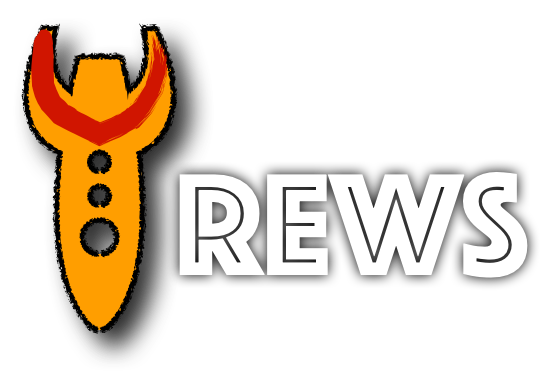Blockchain technology is one of the most transformative technologies of the 21st century. It has the potential to change the way we interact with each other and the way we do business. In this blog, we will explore what blockchain is, how it works, and its potential applications.

What is blockchain?
Blockchain is a decentralized, digital ledger that records transactions in a secure and transparent manner. It is a series of blocks that contain information that is linked together using cryptographic algorithms. Each block contains a unique code called a hash, which is generated by the previous block in the chain, making it impossible to alter any transaction in the chain without altering all subsequent blocks.

How does blockchain work?
Blockchain works by using a network of nodes, which are computers connected to the blockchain network. Each node has a copy of the blockchain, and each time a transaction is made, it is broadcasted to all the nodes on the network. The nodes use a consensus algorithm to validate the transaction and add it to the blockchain.
There are two main types of consensus algorithms used in blockchain: Proof of Work (PoW) and Proof of Stake (PoS). PoW is used by Bitcoin and requires nodes to solve complex mathematical problems to validate transactions and add blocks to the chain. PoS, on the other hand, uses a different approach where nodes are chosen to validate transactions based on the amount of cryptocurrency they hold.
Applications of blockchain
Blockchain has a wide range of potential applications in various industries. Some of the most promising applications of blockchain include:
Cryptocurrencies:
Blockchain is the underlying technology that powers cryptocurrencies such as Bitcoin and Ethereum. These digital currencies use blockchain to facilitate secure and transparent transactions.
Supply chain management:
Blockchain can be used to track products from their origin to their destination, ensuring transparency and accountability in the supply chain.
Healthcare:
Blockchain can be used to securely store patient data, making it easily accessible to healthcare providers and patients while maintaining patient privacy.
Voting:
Blockchain can be used to create a secure and transparent voting system, reducing the risk of voter fraud.
Real estate: Blockchain can be used to securely record property transactions, reducing the need for intermediaries such as real estate agents and lawyers.
Conclusion
Blockchain technology has the potential to revolutionize various industries by providing secure and transparent transactions. Its decentralized nature and cryptographic algorithms make it resistant to tampering and fraud, making it an ideal solution for many applications. As technology continues to evolve, we can expect to see more widespread adoption of blockchain in various industries, further transforming the way we do business and interact with each other.
#BlockchainTechnology #DistributedLedger #Cryptocurrency #SmartContracts #Decentralization #DigitalIdentity #Security #Transparency #Immutable #Tokenization #BlockchainRevolution #Web3.0 #CryptoEconomy #BlockchainApplications #DeFi #NFTs #DAOs #BlockchainAdoption #CryptoAssets #BlockchainInnovation #BlockchainDisruption #BlockchainFuture #CryptoCommunity #BlockchainEducation #BlockchainUseCases #BlockchainIndustry #BlockchainDevelopers

